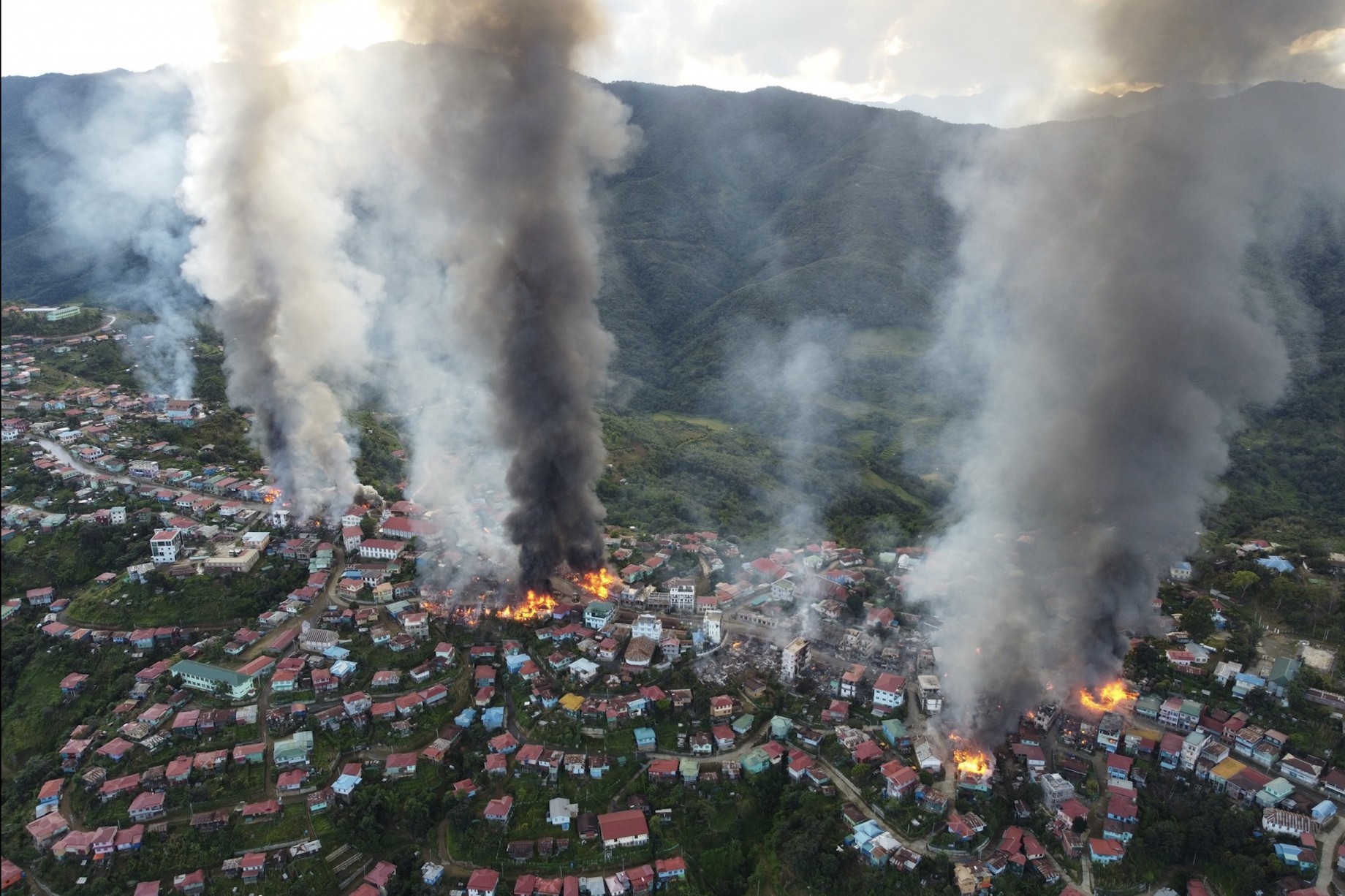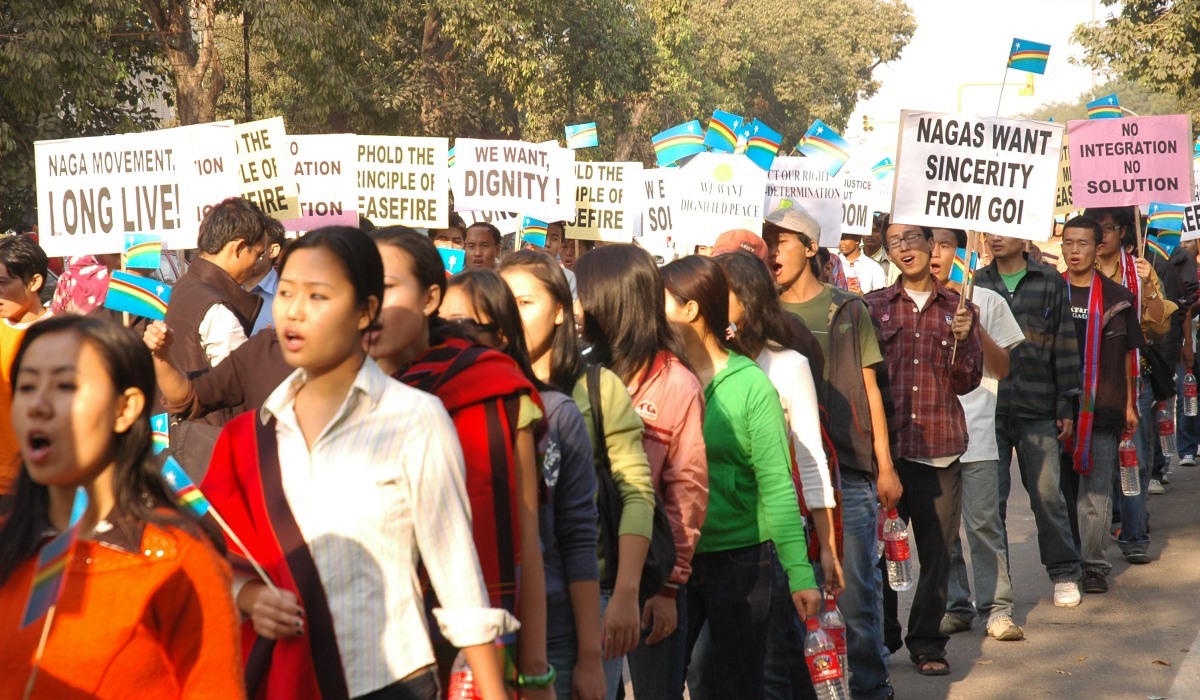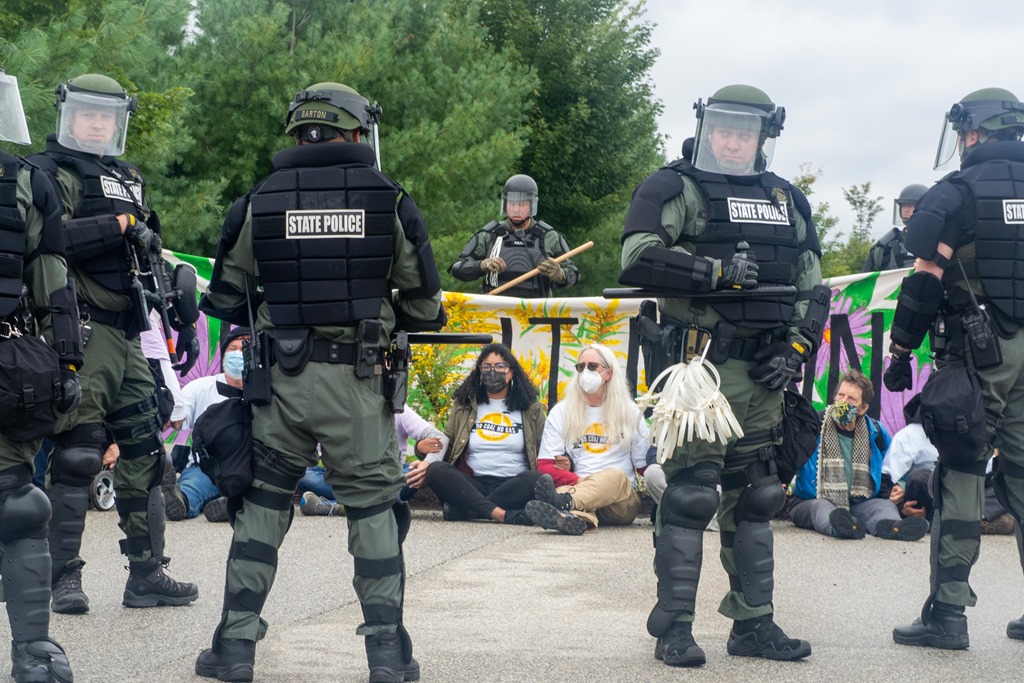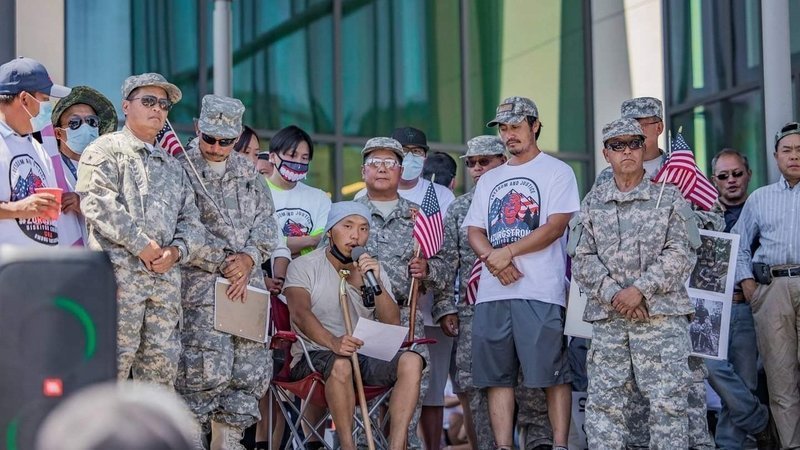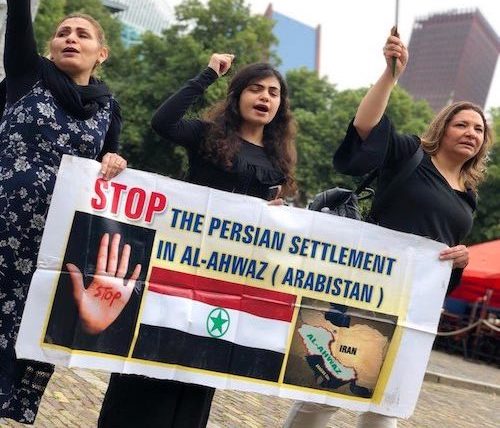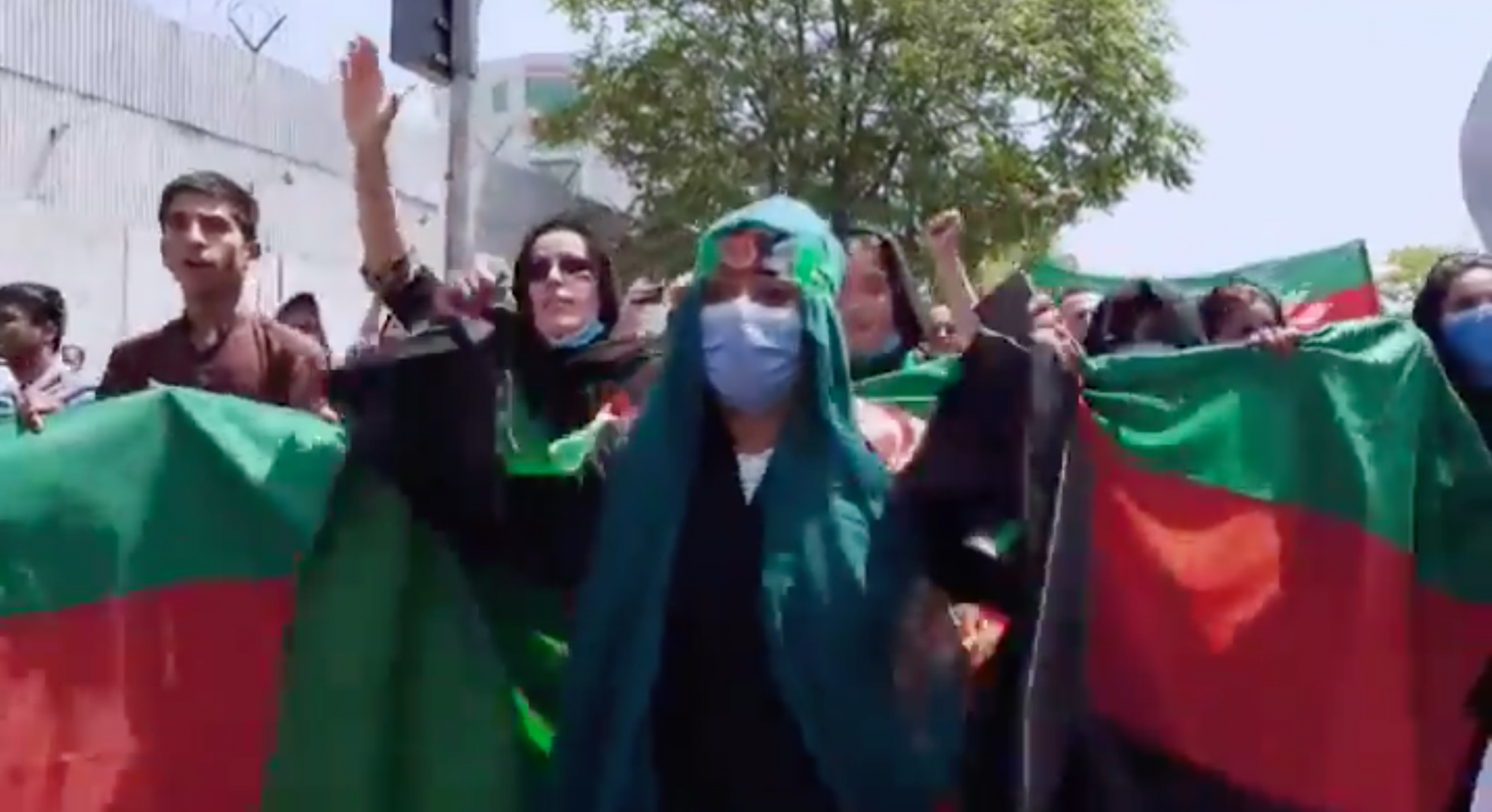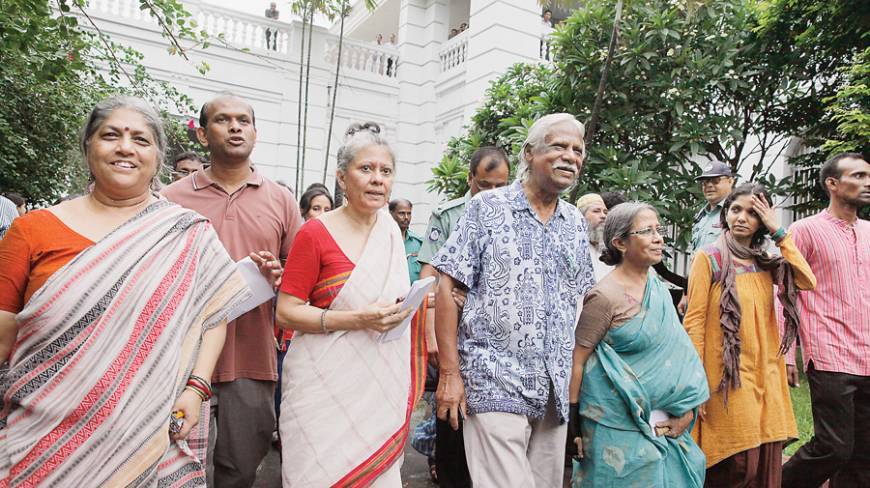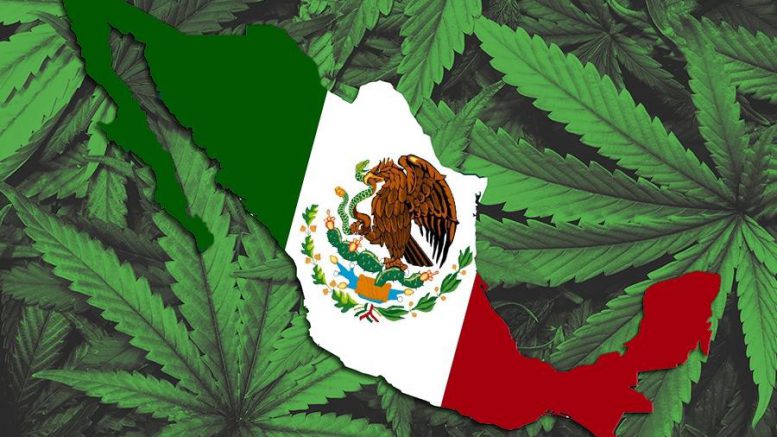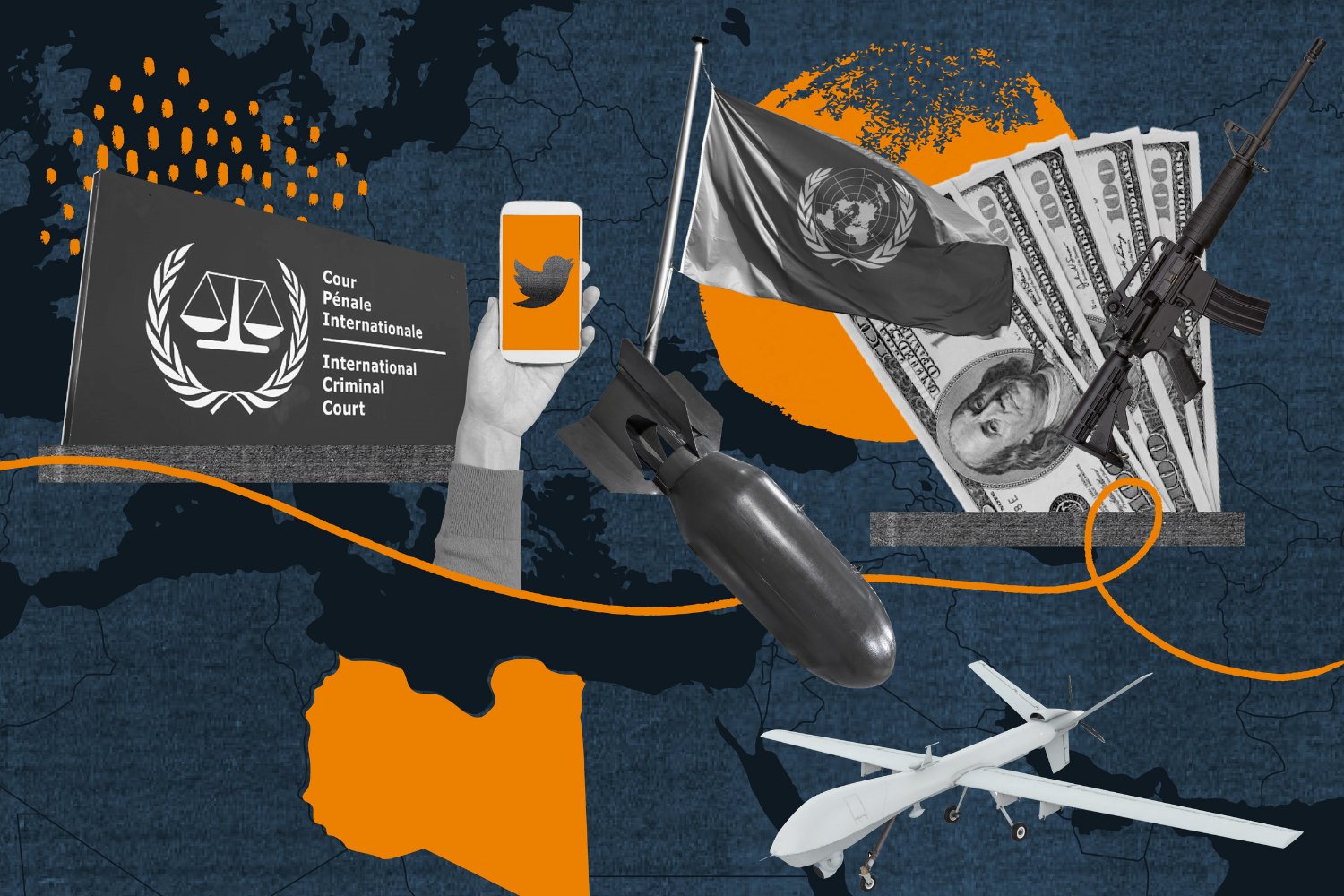
LIBYA: INTERNATIONAL ENGAGEMENT WORSENING PROSPECTS FOR PEACE
Eleven years ago, courageous women and men took to the streets of Libya with an unflinching desire for rights, justice, and democracy. They were met with an unprecedented international response, ostensibly to protect them. The UN Security Council quickly established a no-fly zone, while NATO launched airstrikes. On the anniversary of the start of the uprising against Qaddafi, the country’s future could not be more precarious. Amid delayed elections and fragmented governance, the UN-led political process for Libya is unravelling. The international community has dramatically failed to live up to its promises to Libya. In fact, as geopolitical interests take center stage, it is making things worse. Writing in The New Humanitarian, Elham Saudi and Cristina Orsini of Lawyers for Justice in Libya say the international community must urgently refocus on human rights and accountability.
Continue ReadingLIBYA: INTERNATIONAL ENGAGEMENT WORSENING PROSPECTS FOR PEACE



